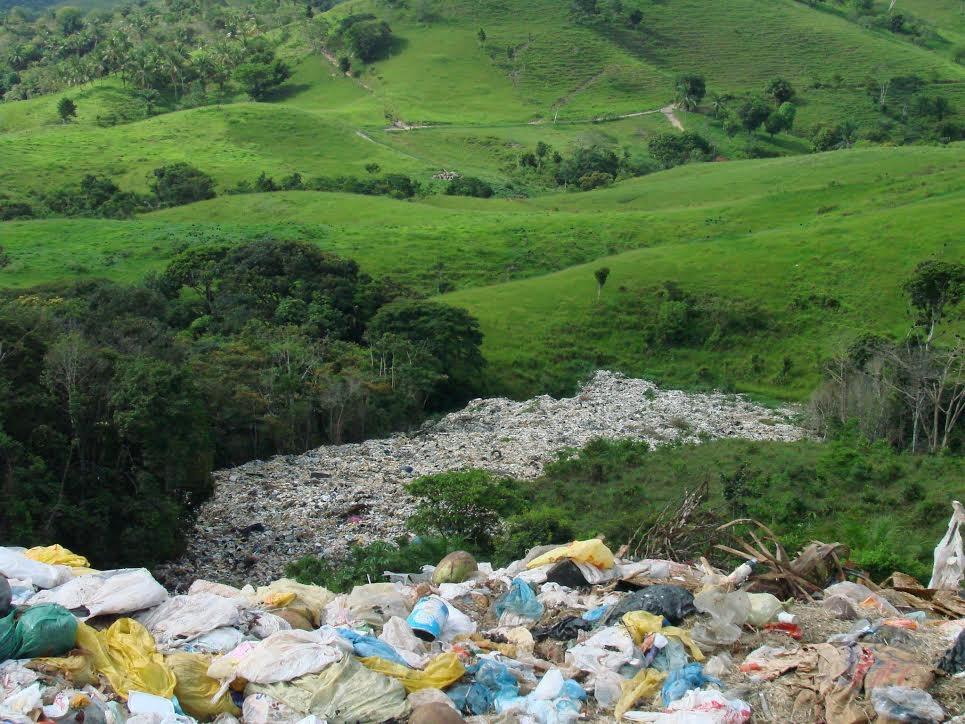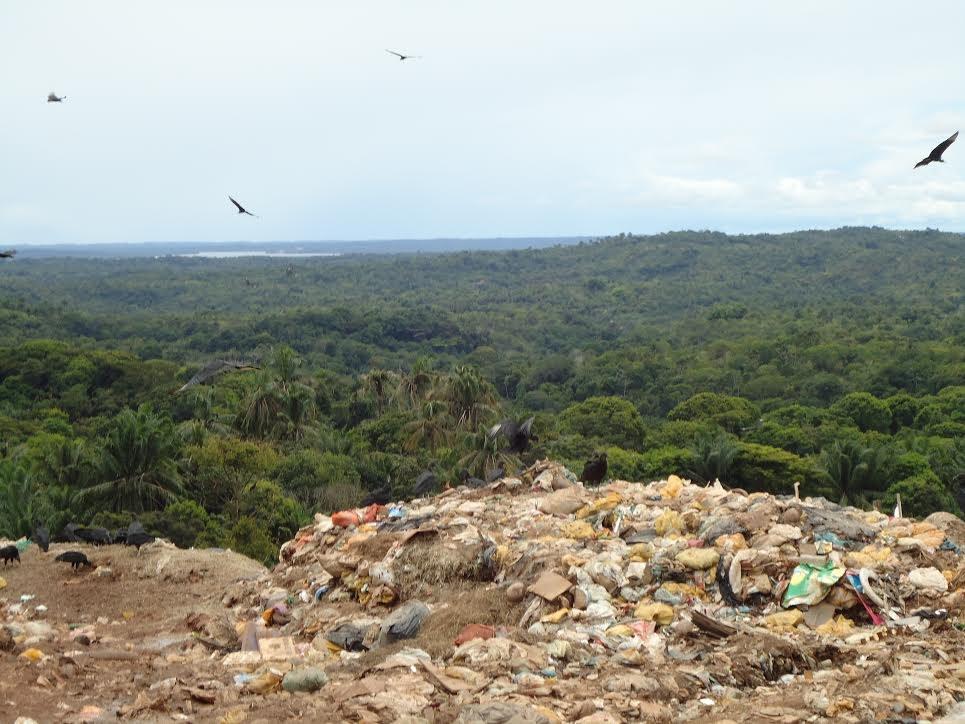
3 minute read
Recycling
Brazil has finally broken through the global scene with the upcoming World Cup in 2014 and the Olympics in 2016. Indeed, Brazil has a rising market economy and is now the seventh wealthiest economy in the world, according to the World Bank. They have also made major social improvements, with programs such as Bolsa Familia, which pays families who send their children to school. As far as infrastructure, The Federal Government of Brazil plans to spend $22 billion on transport projects alone before the World Cup. Not to mention, the country elected Dilma Rousseff, the country’s first woman President, less than three decades after the fall of Brazil’s military dictatorship. Brazil has made major gains and is truly a competitor in the international system. They are certainly still developing, however, and areas like recycling and waste management have fallen to the sidelines as reforms in other areas take place. According to www.brasil.gov.br, recycling programs only reach eight percent of municipalities in Brazil. There are federal laws regarding recycling and waste management; unfortunately, the country still lacks the enforcement needed for such laws to succeed. For instance, in 2010 Brasil passed landmark recycling laws, applying to both private and public sectors. One part of this law states that by 2014, all landfills must be covered and properly maintained. The law looks great on the outside, but it will take years before proper enforcement becomes available. As you can see in the pictures, there is an open landfill in the city of Valença, Bahia, Brazil, taken in 2013. I spoke with Tarcisio Botehlo of Valença, a local environmental educator, who said that there is only so much local governments can do about their waste without federal aid. This is the reason he educates the local youth about environmental habits, hoping to change things on a community level for now. Although Brazil has the ideas to reform recycling in their country, they currently do not have the methodology to do so. The best way to illustrate this is through the country’s Catadores. In simple terms, they are trash pickers who make a living by recycling other people’s waste. You will see them in every state and city throughout the country. They will take your empty water bottle from your restaurant table, ask if you are done with your beer can, or open a public trash can and pick through it until they find the most valuable recyclables (mainly aluminum and light plastics). Brazil’s Ministry of the Environment posted a statistic on the government’s website: 99% of all recyclable material will pass through the hands of catadores. Most of the catadores are not organized, as many view it as a competition where the most cans equates to the most revenue. However, there are cooperatives like ASMARE in Belo Horizante. Workers belonging to this group work together to collect recyclables, which they turn into art to later resell, sharing the profits. Not only does this increase their monthly salary, but it also encourages citizens to view catadores in a more positive light, says ASMARE leader and artist, Mauricio Soares.
As there are more than one million Brazilians working as catadores, with only a small percentage working in an organized structure, there is no surprise that Brazil loses about $8 billion dollars a year in material that could have been recycled for other purposes. Moreover, it remains understandable how waste management can be overlooked in developing countries, as priorities will naturally lay more with education, healthcare and poverty. Nonetheless, as Brazil industrializes and their population enters the modern world there will inevitably be more trash and therefore more catadores. To organize and mobilize the fragmented catador community Brazil could present an opportunity to reduce waste, create formal occupations, all while increasing revenue.
Bibliography: http://riotimesonline.com/brazil-news/rio-business/brazil-faces-2014-infrastructure-race/# http://www.brasil.gov.br/meio-ambiente/2012/04/reciclagem-atinge-apenas-8-porcento-dos-municipios-brasileiros http://www.epa.gov/jius/policy/brazil/brazilian_national_solid_waste_policy.html http://www.dailymail.co.uk/news/article-2342939/Catadores-Brazil-Meet-catadores-Brazil-make-living-turning-garbage-jewelryfurniture-art-works.html http://www.polis.org.br/uploads/1886/1886.pdfhttp://revistaepoca.globo.com/Sociedade/o-caminho-do-lixo/noticia/2012/01/osnumeros-da-reciclagem-no-brasil.html











